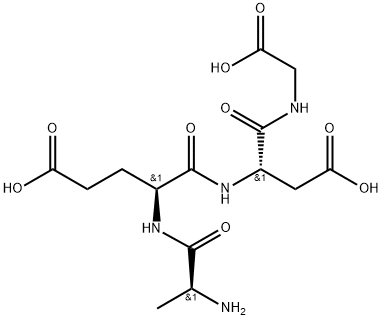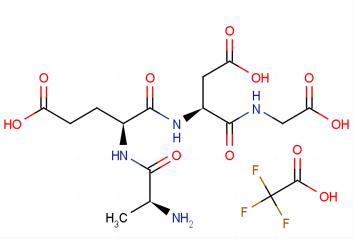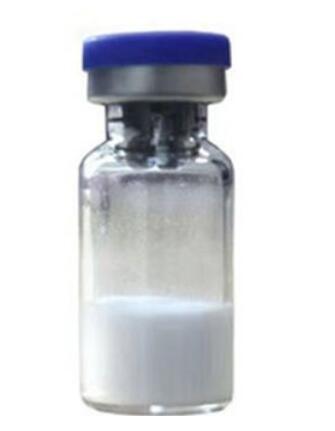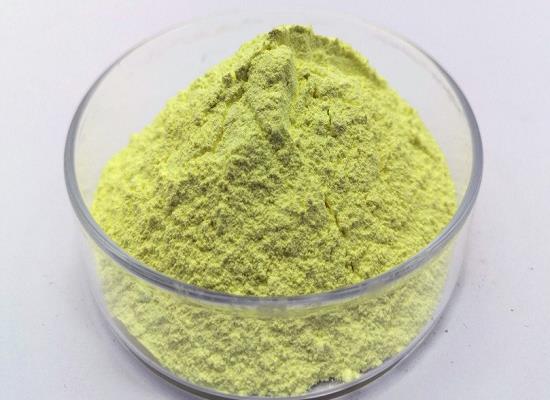Does Epitalon have anti-tumor effects?
Yes. Studies have shown that Epitalon is a potential anti-cancer agent that can inhibit spontaneous tumor formation in mice, reduce the cumulative number and maximum size of tumors, inhibit the mitotic activity of tumor cells, and promote tumor cell apoptosis.
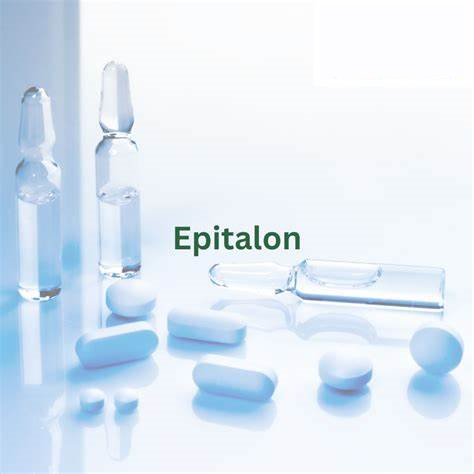
Epitalon is a synthetic pineal peptide composed of four amino acids, Ala-Glu-Asp-Gly. It has the effects of a telomerase activator and cell regeneration, and is considered a potential anti-aging and life-extending compound with multiple benefits for human health. Studies have also shown that Epitalon can naturally stimulate the hypothalamus and anterior pituitary, thereby helping to reduce lipid oxidation and ROS, normalize T-cell function, normalize cholesterol, uric acid and prolactin levels, restore pancreatic hormone function, and restore melatonin levels. However, there is currently no human data to support this result.
Most importantly, in the anti-aging study of Epitalon, researchers found that Epitalon not only extended the lifespan of 2 types of fruit flies and female CBA mice, but also inhibited spontaneous tumor formation in mice. One-year-old female C3H/He mice were housed under standard conditions for 6.5 months. Epitalon was injected at a dose of 0.1 micrograms, 5 times a week. Long-term low-dose exposure to Epitalon did not show any toxic effects. Treatment with Epitalon reduced the number of tumor mice with malignant tumors and prevented the development of metastases. Spontaneous tumors of the reproductive organs (mammary gland and ovary) predominated in both groups of mice (control and experimental groups). Mammary tumors were different variants of invasive ductal carcinoma. Granular cell tumors were found in the ovaries. Tumors in other organs were less numerous and had benign features. In the control mice, 3 out of 9 tumor mice developed metastases, all of which were from tumors of reproductive organs. Treatment with Epitalon slowed the development of spontaneous tumor metastases, and no metastases were found in the experimental mice. These data highlight the anti-metastatic effect of Epitalon, which is part of its anti-cancer properties.
In another study of the effect of Epitalon on the proliferative activity of colon tumors and mucosal epithelial cells adjacent to and distant from the tumor, the effect of Epitalon on different stages of carcinogenesis was evaluated. Eighty 2-month-old male LIO rats received 1,2-dimethylhydrazine (DMH) subcutaneously five times per week in a single dose of 21 mg/kg body weight. The rats were divided into four groups. Control rats (Group 1) received 0.1 ml of saline throughout the experiment. Group 2 rats were treated with Epitalon at a dose of 1 microgram five times per week for 6 months, starting from the first injection of DMH until the end of the experiment. Group 3 rats received Epitalon after the termination of carcinogen injections. Group 4 rats received Epitalon only during the DMH exposure period (the first 5 weeks of the experiment). DMH induced proliferation of secretory epithelial cells, a phenomenon that was accompanied by a decrease in the stromal area and lymphoid infiltration area in colonic tumors and in the colonic mucosa adjacent to the tumors (Group 1). Epitalon attenuated this effect, especially when the treatment was continued throughout the experiment (Group 2). It increased the stromal area of the colon mucosa near the tumor as well as the area of lymphatic infiltration. The intensity of lymphatic infiltration in the colon mucosa near the tumor and within the tumor was activated. Epitalon significantly inhibited the mitotic activity of tumor cells when the treatment was carried out throughout the experiment (Group 2). At the same time, high levels of apoptosis were observed in the same group. Therefore, this indicates that Epitalon has a strong inhibitory effect on colon mucosal carcinogenesis when the treatment is continued.
In addition, Epitalon treatment also reduced the cumulative number and maximum size of tumors. Compared with mice treated with normal saline, the number of mice with 1 breast tumor increased and the number of mice with 2 or more breast tumors decreased in Epitalon-treated mice. Epitalon also reduced the maximum size of lung metastases. Similarly. Thus, the anti-tumor effect of Epitalon is also in the early stages of research and has not yet been confirmed by clinical data.
References:
[1] GEORGE KOSSOY. Effect of the synthetic pineal peptide epitalon on spontaneous carcinogenesis in female C3H/He mice.[J]. In vivo, 2006, 20 2.[2] G. KOSSOY. Epitalon and colon carcinogenesis in rats: proliferative activity and apoptosis in colon tumors and mucosa.[J]. International journal of molecular medicine, 2003, 12 4 1: 473-477. DOI:10.3892/IJMM.12.4.473.
[3] VLADIMIR N. ANISIMOV. Inhibitory effect of the peptide epitalon on the development of spontaneous mammary tumors in HER-2/neu transgenic mice[J]. International Journal of Cancer, 2002, 101 1: Fiii, 1-100. DOI:10.1002/ijc.10570.
You may like
Related articles And Qustion
Lastest Price from Epitalon manufacturers

US $0.00/box2025-09-26
- CAS:
- 307297-39-8
- Min. Order:
- 1box
- Purity:
- 0.99
- Supply Ability:
- 10tons
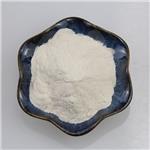
US $75.00/box2025-09-25
- CAS:
- 307297-39-8
- Min. Order:
- 1box
- Purity:
- 99%
- Supply Ability:
- 1000kg
